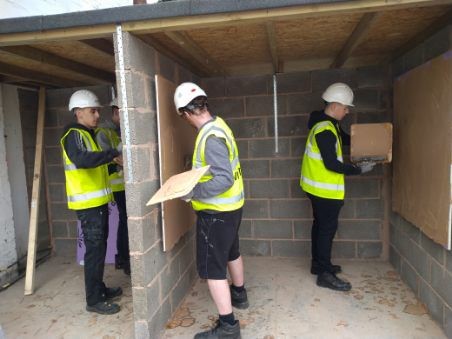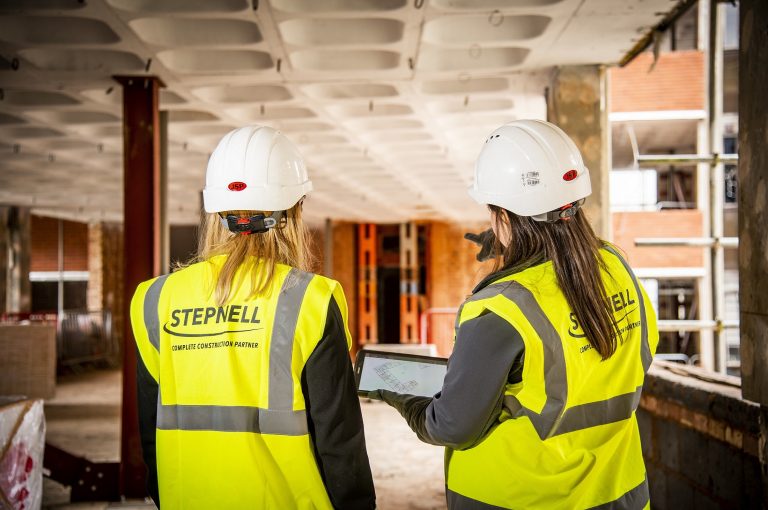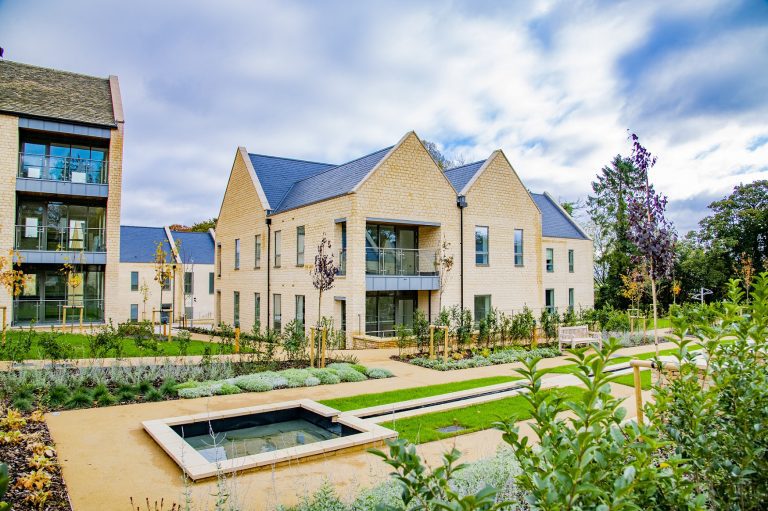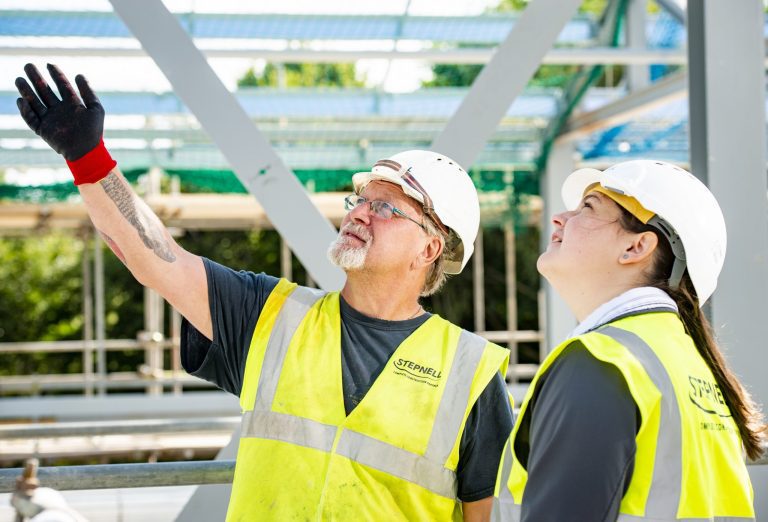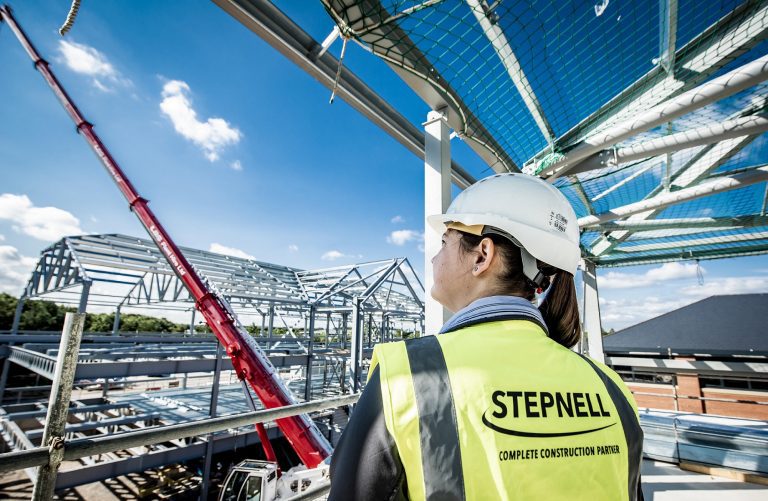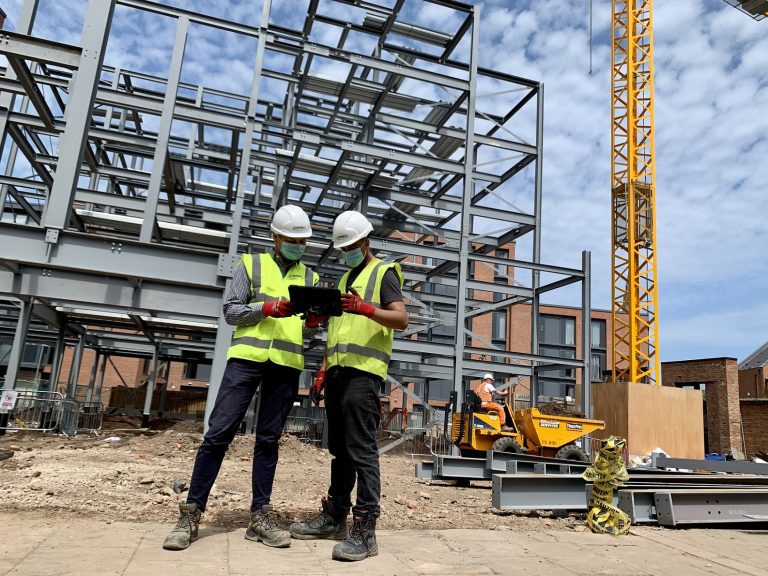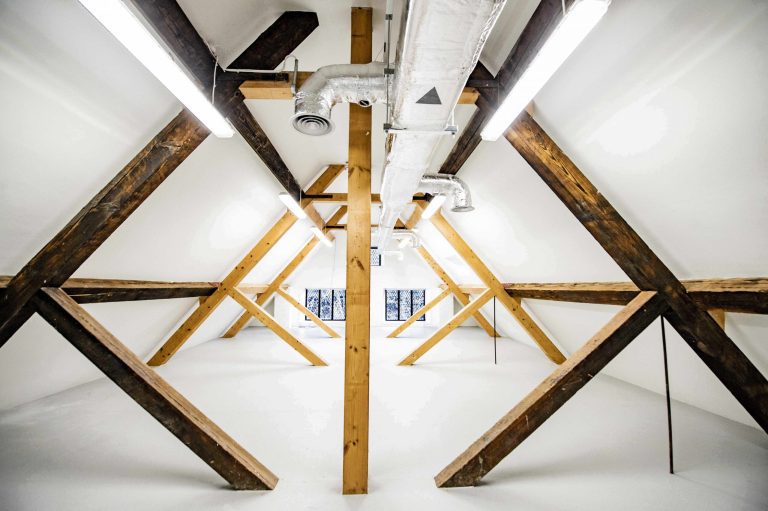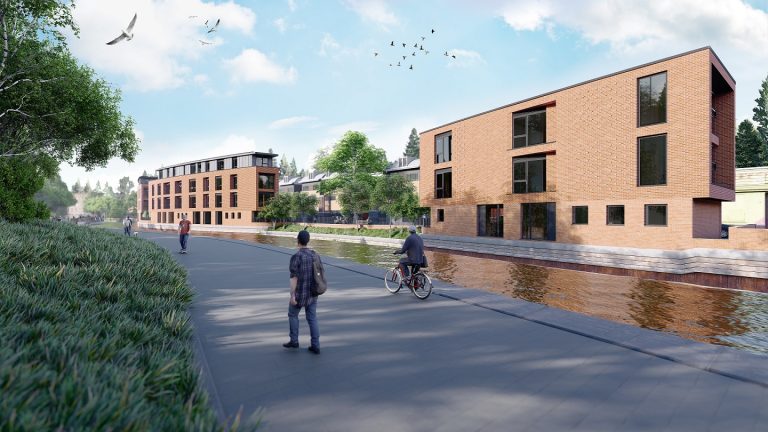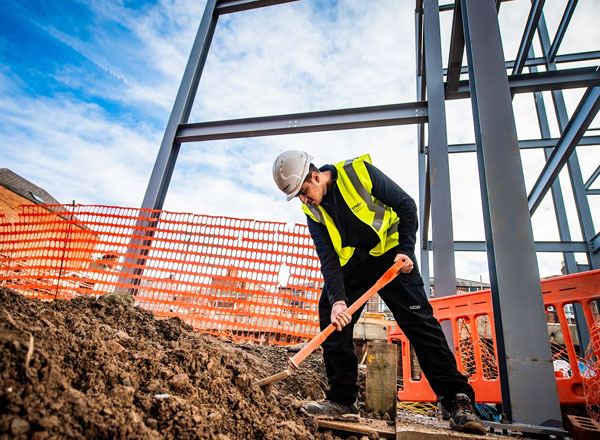The UK construction sector was heavily impacted by the disruption caused by the COVID-19 outbreak. Tactics, which were speedily adopted by the industry to keep sites open, will no doubt continue post pandemic. TOM WAKEFORD, joint managing director of 154-year-old family firm Stepnell, which operates throughout central and southern England, says the industry needs to work collaboratively to keep the recovery juggernaut on track. “’Build, build, build!’ was the rallying cry last June. Prime Minister Boris Johnson announced a new deal to put infrastructure at the heart of the government’s economic growth strategy. Johnson said he was committed to build, build, build – in order to fix not just problems created by the pandemic, but issues that the UK had experienced for three decades. “Johnson said he was committed to building new homes, fixing the NHS and tackling the skills crisis – as well as mending the gap in opportunity, productivity and connectivity between the regions of the UK. All the time, the construction industry needed to build back better, greener and faster. “Seen by many then as the industry to help lift the UK out of economic gloom, construction is vitally important to the UK’s recovery. In December, the government issued its Construction Playbook – a blueprint of how the government saw local authorities working more closely with the construction sector. It came at the right time and is being adopted by thousands of organisations across the UK – Stepnell included. “Looking back to March 2020, COVID-19’s impact was immediate. Within a few days of lockdown, remote working was the norm. For some contractors, work on site stopped overnight – and the construction sector stood blinking as companies took in the huge catastrophe before them. “But, despite not being able to assess the future, the construction sector did what it always did – rolled up its sleeves and got on with the job in hand. Projects usually delivered from the board room were now being designed in people’s living rooms and kitchens, which meant contractors looked for new ways of working to ensure projects kept on track. “Alongside government support through furlough and other initiatives, there was stronger collaboration among contractors, supply chain and agencies. This unity meant a camaraderie and a strong sense of everyone having their part to play to achieve the common goal of delivering projects and keeping sites open. “Many contractors, including Stepnell, continued to work on site – and very quickly adapted to new ways of working to ensure colleagues’ safety. “By their very nature, contractors are agile, with their number one role being a problem solver for clients. This agility enabled us to swiftly adjust to solve a very different set of problems during lockdown one in 2020. As an industry, we moved at speed to meet clients’ expectations and we worked closely with clients to manage risk, ensure project delivery and overcome the many hurdles COVID-19 presented together. With our clients, we focused not just on project delivery, but also health and safety and wellbeing. “We also turned to managing our projects in an even more innovative way – using digital technologies and closely looking at new ways of working in order to achieve the results we needed. As well as taking a ‘partnership’ approach with clients, we also worked even closer with our supply chains. Again, working in partnership with supply chain partners, we were able to pay suppliers as early as possible and work together to achieve the results we collectively needed. “Stepnell had a flexible supply chain, which could also adapt quickly to demand. This, like many other factors we have adopted because of the pandemic, will be in place post-pandemic. The ‘not just for COVID’ approach means that the industry will continue to look at new technologies such as cloud working. The industry was way behind in terms of new technologies prior to COVID-19 – one of the positive things to come out of the pandemic for me is to see how crucial we view technology in the long term. “And of course, the pandemic has highlighted an issue that has been present in the construction industry for years – colleague wellbeing. Before the pandemic, the industry already had above average rates of divorce and suicide. Colleague mental health is something which became even more of an issue in 2020 – and will no doubt need to remain a focus for the industry once the worst of the pandemic is over. “On a positive note, the industry could potentially use the recent changes to ways of working to diversify its workforce. The pandemic has plunged the industry into the quickest and deepest possible experiment in flexible working — which has proved to be a success. “Not only that, but the construction industry was in the news during the first part of lockdown – not always for the right reasons as the public could see working sites when others had to stay away from workplaces. But the news pages highlighted construction and the way it was adapting, as well as new technologies. Construction companies’ ability to adapt to these changes, and so quickly, could make the industry more accessible and attractive to a wider talent pool – including young people. “Another key factor I see is the real importance of social value. Something that may have been seen as an exercise to tick boxes and score points against competitors pre-pandemic has been brought to the forefront during COVID-19 to show the genuine benefit to communities which our construction projects can bring. Whether that’s sandwiches for construction workers from a local café which has been closed for months or CSR projects to engage with local schools, which were also forced to lock their doors. “Continuing to bring young people into the industry is crucial. Stepnell has 14% of our workforce as trainees and apprentices – we see opportunities to give young people (an age bracket affected by the pandemic like no other) a great opportunity in a fantastic rewarding
